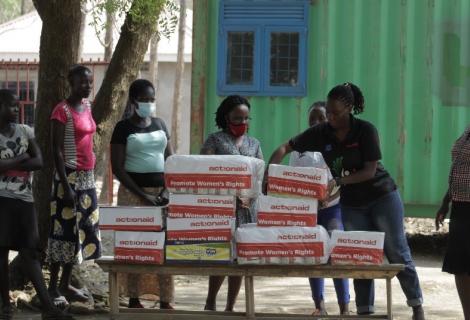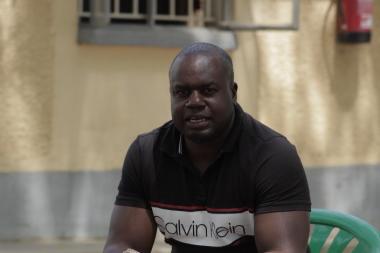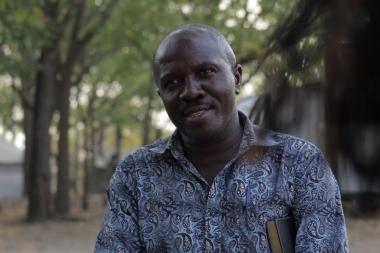AAIU provides emergency relied for refugees in settlements.

by Byaruhanga Frank
Following the deep experienced by Uganda’s economy as an after effect of the outbreak of COVID-19, many refugees who had fled conflict in South Sudan, DR Congo and resettled in Uganda had become subject to poverty and vulnerability, leaving them without essential care. By the year 2020, Uganda was one of the largest refugee hosting countries with over 1.4 million refugees in settlements.
It is against this background that AAIU provided relief items to at least 1500 households of refugees consisting 1000 children, women, and girls in Kiryandongo and Ivempi refugee settlement areas.
ActionAid International Uganda trained and responded to the situational needs, distributing relief items to the most vulnerable groups (i.e. expectant mothers, teenage girls and children) in the communities in a bid to support them through the tough times. These relief items distributed include Mama kits, Soya flour, Milk, sanitary pads, and others.
18-year-old South Sudanese National, Esther Yobu was one of the beneficiaries of the AAIU issued relief items. With only enough income to afford one meal a day for her family, Yobu could not afford the essentials. She expressed her gratitude for the emergency donation saying, “I am glad to receive these items because everything here is expensive, yet we are not even working.”

ActionAid’s Ivan Mpagi, an officer fromPeople4Change program says that with thousands of refugees in the settlements, the amount of aid the ActionAid International Uganda was able to deliver was not enough compared to the challenges that the refugees are facing and therefore more humanitarian response aid is needed to support the affected populations.

Despite Uganda having the one of the highest refugee population in the world, it has only received little funding necessary to support the refugees in terms of economic livelihood.
ActionAid International Uganda through the YLVO project has a newly established safe space for young refugees especially women and girls in Kiryandondo and Ivempi. The space was created in to empower the youth with leadership skills and the step-down trainings conducted help to create a platform for them to share and expose the injustices happening in the settlements.
According to Barbara Namusoke- a social worker in Kiryandongo settlement, refugees lack food, decent health facilities, proper sanitation, education, and early childhood services while women and girls are at risk of being violated(defiled/raped).
‘’The Organization even at best can only contribute a small part of what was needed for young mothers in the settlement, while the main responsibility will rest upon the government to continue from where the organization has stopped’’ – said the Armitage Settlement commandant- Imvepi.
Women and girls are among the most affected groups in the settlements and as a result, they drop out of school and suffer abuse which has large adverse effects on their futures. Therefore, it is critical that girls are kept safe and provided access to shelter, psycho-social support, education and transformative leadership training as a matter of priority
- Ivan Mpagi, People4Change officer.